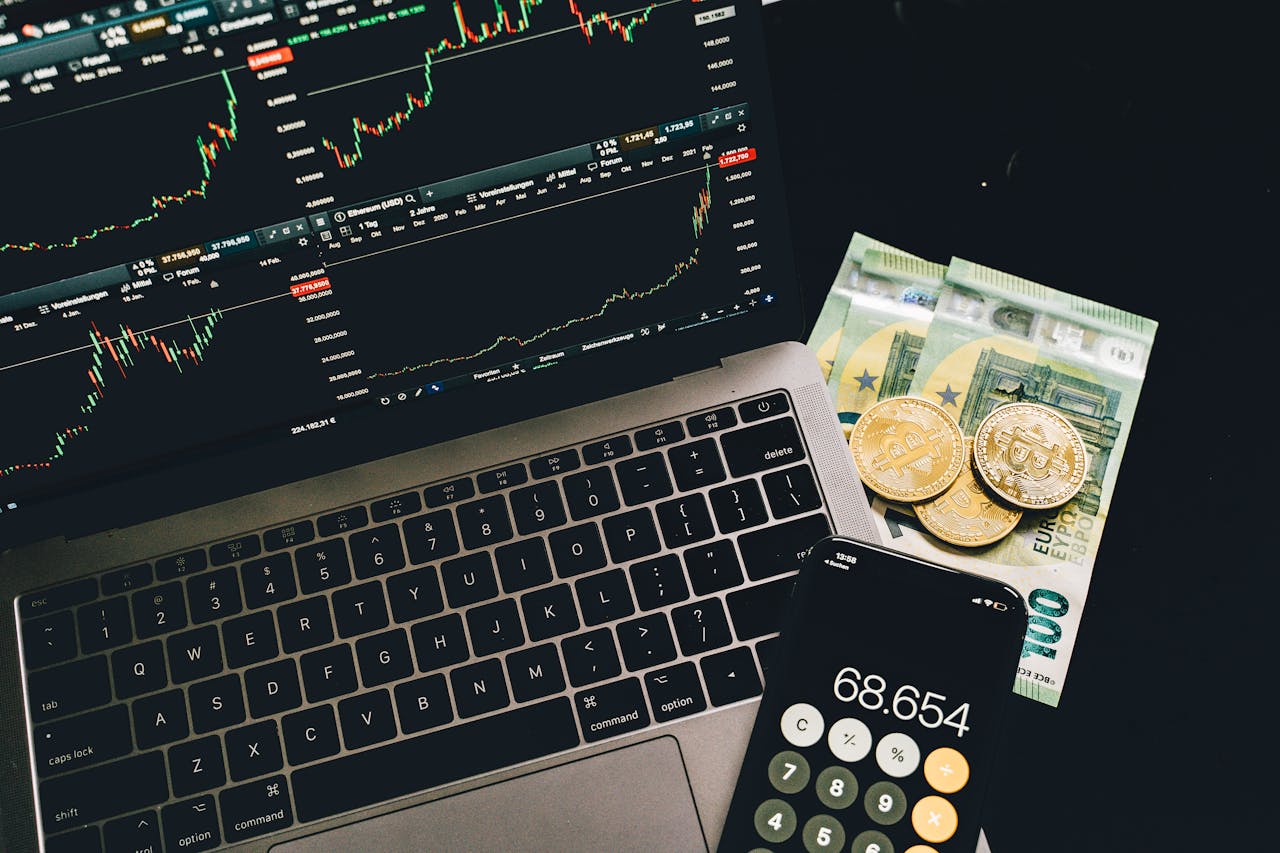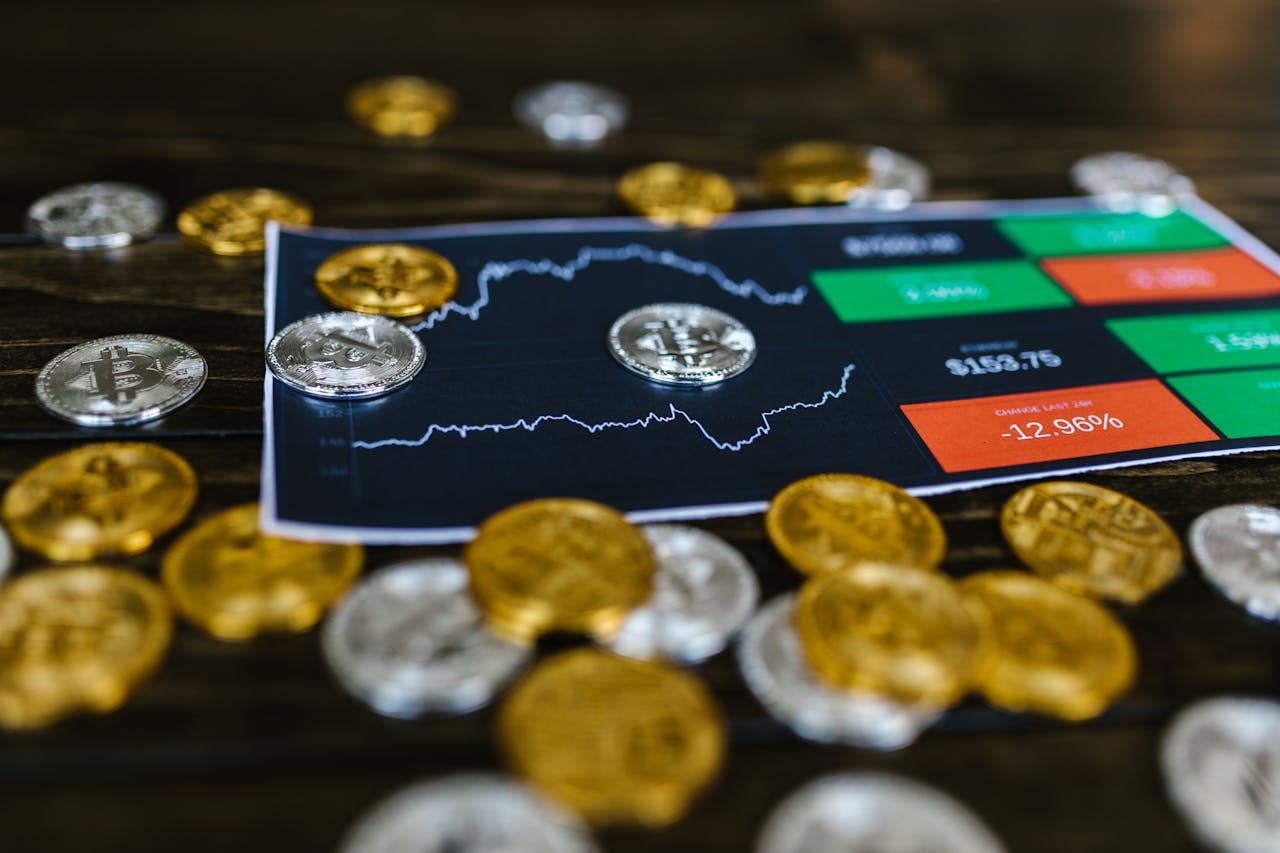Featured
Unplugging from the news cycle when investing
Some good investments are those that have nothing to do with the news cycles, including trade wars and politics.

A couple of weeks ago my family gathered at my sister’s house for an afternoon by the pool. At one point, my dad looked over and said, “Thanks for the investments last month. Does that one company do music?”
I handle his portfolio, and he’d made good money the previous month, with one holding standing out from the rest. At his age, I have him in the requisite fixed-income holdings, like the closed-end funds that Charles buys in Peak Income, and I also use an option strategy that gives him exposure to the S&P 500 while limiting potential losses. But the fun stuff, the investments that have the potential to add an Alaskan cruise to his life… those are the ones he wants to talk about.
And no, it doesn’t do music.
He’d confused the company he owns, Shopify (Nasdaq: SHOP) with Spotify (Nasdaq: SPOT). It’s easy to see the similarity in name and ticker.
He didn’t know, and didn’t really care, what Shopify does. That’s my job.
When I came across the company a couple of years ago, I found the premise interesting for several reasons. The company offers small businesses a way to immediately access online payment systems for their goods and services… and provides incredible support. With more consumers moving online, it makes sense that more businesses are doing the same. And the easier it is to create a business, even if it’s a part-time gig, the more people are likely to give it a go.
Beyond that, it has nothing to do with the news cycle, including trade wars and politics, and it doesn’t rely on the Fed.
When I’m looking for game-changing investments, I’m not trying to find something that fits the current broad narrative, I want something unrelated, so that it can make big moves (hopefully higher, of course) without relying on macroeconomic trends.
Shopify fit the bill.

It also had one more, great attribute: Andrew Left of Citron Research hated it.
I don’t know Mr. Left, but I casually follow his research because I find him smart and articulate. The stocks he comments on tend to be big movers. When I disagree with him, I sometimes fade his call or even go the opposite, which has paid off. Names like iRobot (Nasdaq: IRBT) and Exact Sciences (Nasdaq: EXAS) have done well after he said they should crater, just like Shopify.
To be fair, he’s made some great calls as well, so this isn’t bashing at all. He makes bold calls on fast-moving names, it’s all part of the game, and it’s what can give you an investing advantage.
When looking for investments that can super-charge your returns, you must look farther than the typical names that cross the tape during the day. In my new service, Fortune Hunter, I use several approaches to identify potential home runs, including the Second Wave Cycle, that identifies great stocks that have been temporarily beaten down and forgotten, as well as stocks that have been underestimated or recently knocked back by a research report or other outside influence.
When Andrew Left issues a report knocking a company’s stock price, you can bet that the shares will fall… at least for a while. If you think he’s wrong, then buying the shares on the set back can be a great way to realize hefty gains.
All of it points back to the same thing, using research to find, and unlock value that’s temporarily hidden from view, which is a lot like what fortune hunters do.
(Featured image by DepositPhotos)
—
DISCLAIMER: This article expresses my own ideas and opinions. Any information I have shared are from sources that I believe to be reliable and accurate. I did not receive any financial compensation for writing this post, nor do I own any shares in any company I’ve mentioned. I encourage any reader to do their own diligent research first before making any investment decisions.

-

 Biotech1 week ago
Biotech1 week agoBiotech Booster: €196.4M Fund to Accelerate Dutch Innovation
-

 Business5 hours ago
Business5 hours agoThe TopRanked.io Weekly Affiliate Marketing Digest [The Top VPN Affiliate Programs Roundup]
-

 Crypto1 week ago
Crypto1 week agoBitcoin Traders Bet on $140,000: Massive Bets until September
-

 Fintech2 days ago
Fintech2 days agoOKX Integrates PayPal to Simplify Crypto Access Across Europe
























